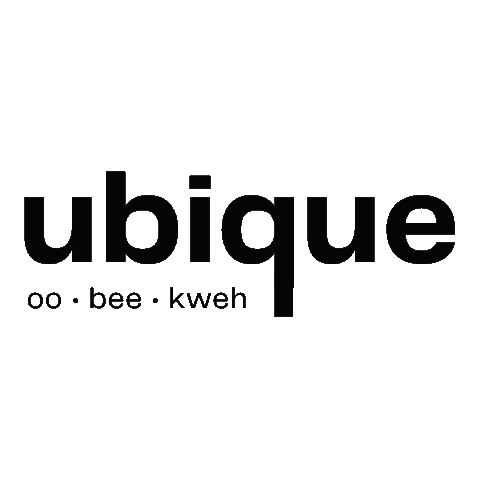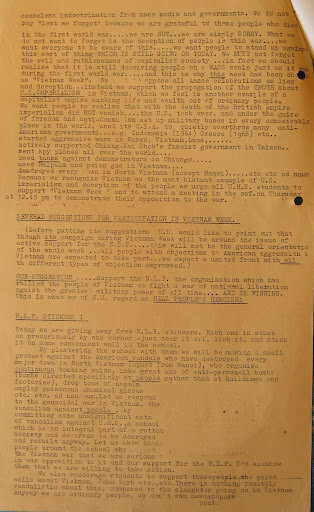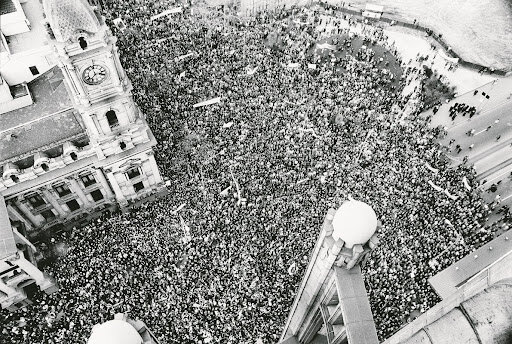From The Archives: Ghosts Of Uni-High's Past #6
Written By Mason Johns
In 1954, the communist-led independent movement in Vietnam defeated the French, and Vietnam was divided into the Democratic Republic of Vietnam (North, largely communist) and the Republic of Vietnam (South, largely anti-communist). The North sought to unite Vietnam under communist rule, while in South Vietnam, the government sought to maintain a separate state. By 1965, it became clear that the collapse of South Vietnam was imminent without foreign involvement, and the United States were quick to mobilise support. Australia, eager to strength the American-Australia relationship and panicked at the thought of a ‘communist invasion’ hastily agreed and were quick to send their own forces into Vietnam.
Australian aggression divided the public. Initial public opinion strongly supported the war. Robert Menzies and his successor Harold Holt were staunch anti-communists and won the 1966 election easily. Polls showed a majority of Australians supported the war. However, by 1967 public opinion began to shift, and this issue combined with a lottery system for obligatory conscription, introduced in 1964, mobilised high school students in great numbers. No schools were more energised than Unihigh. By 1968, the production of a new student magazine, alongside Ubique, called Ubique Underground (Or at different times, Uni high Underground) commenced. At different times, the magazine also went by the name. Students participated in Anti-Vietnam marches, vandalism, rebellion against ‘mass indoctrination’, denounced war celebrations and protested Australia’s capitalist society. Posters were pasted up around the school. In response to the underground rebellion at the end of 1969 police were called in and the producers of U. U. were expelled. Unihigh activism encouraged students at other inner-city Melbourne and Sydney schools, and between the years 1969 and 1973 up to 20 underground student magazines were produced.
The first two pages of Unihigh Underground Vo. 2 No. 3 from April 21st, 1969. The issue discusses the handing out of free N. L. F. stickers. The N. L. F., National Liberation Front or Việt Cộng, was a communist political revolutionary organisation in South Vietnam that fought under the Direction of North Vietnam, against the South Vietnamese.
The expulsion of the U. U. producers may have put a temporary stop to Unihigh activism, but the Unihigh students couldn’t be silenced. On the 10th of April 1972, 500 students from Unihigh organised a strike as an anti-war demonstration. This demonstration came after a host of anti-war moratoriums in Australia and America (moratorium meaning a halt to normal affairs).
Photograph of the first Vietnam moratorium march in Melbourne in 1970
As a response to the mounting disapproval amongst the public about Australia’s presence and the United States decision to train and equip South Vietnamese forces, the Australian withdrawal begun in 1970. In 1973, after the election of the Labor government and Gough Whitlam, Australia announced a total cessation of operations in Vietnam. It marked the first time since the beginning of WWII that Australian forces weren’t involved in a conflict somewhere in the world. In total, about 60,000 Australian’s served in Vietnam, 521 were killed. Estimates to the total number of deaths vary widely, but the number is placed between 1 – 3 million, with a substantial number of civilian deaths. It is one of the deadliest conflicts of Modern History.
Children, severely burnt after a South Vietnamese mistakenly dropped its napalm (a flammable petrochemical) on South Vietnamese troops and civilians. The girl in the centre has been referred to as ‘Napalm girl’.
In 1975 the Vietnam War ended with the capture of Saigon, the capital of South Vietnam, by the North Vietnamese (the People’s Army of Vietnam and the Viet Cong). The city was renamed Hồ Chí Minh City.
-
If you have any inquiries, comments or feedback, let us know by commenting down below, emailing us directly through our ‘Contact Us page, or messaging us through:
Instagram: @ubiqueuhs
Gmail: ubiqueteam@gmail.com




